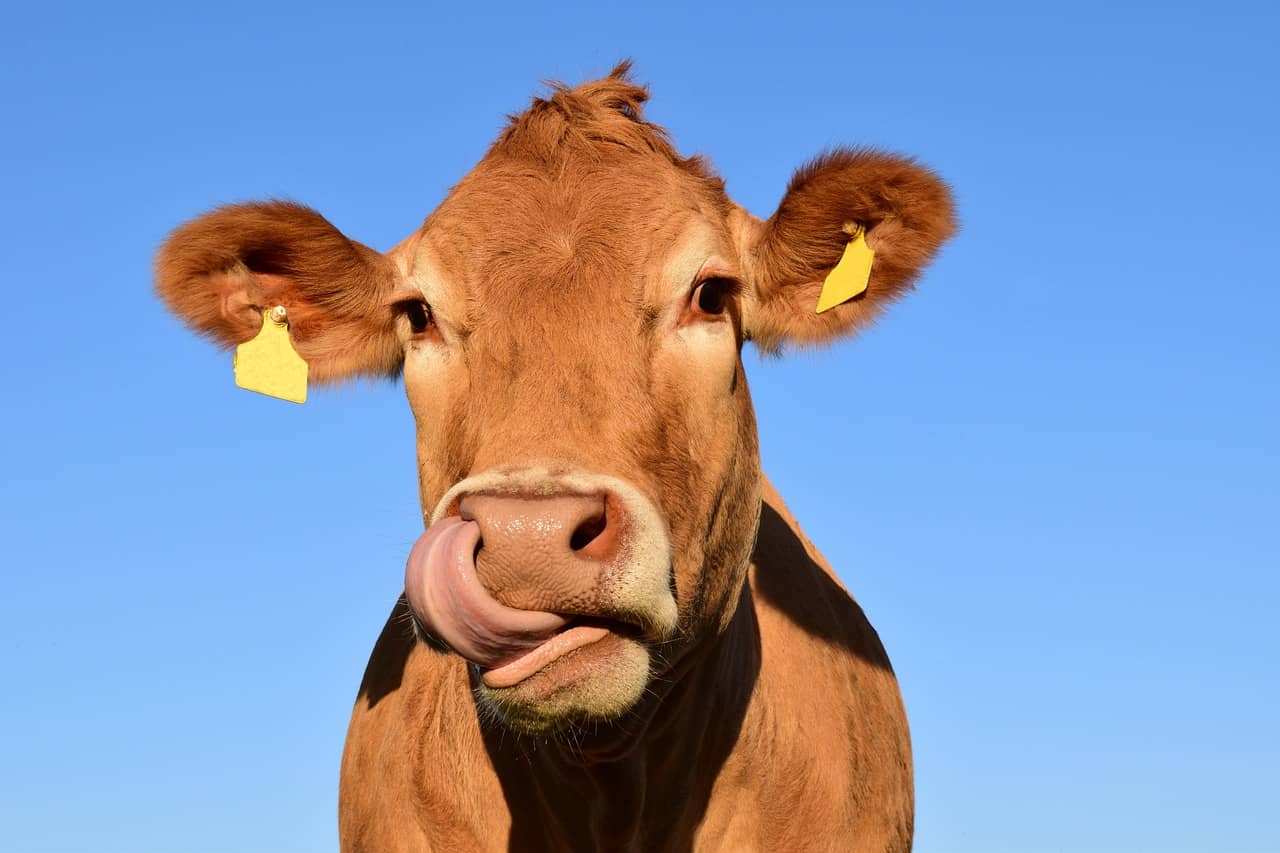
(NewsDakota.com/KState) – The extreme late December drop in temperatures drove many to retreat to the indoors to stay warm, but for beef cattle out on pasture, bedding in a warm barn is not always an option, said the experts at Kansas State University’s Beef Cattle Institute on a recent Cattle Chat.
A team of veterinarians and a beef cattle nutritionist offered listeners management advice for when the temperatures drop to well below freezing.
“While water consumption by cattle is less in the winter than in the summer, it is still important that cattle have water access even in a cold snap,” said veterinarian Bob Larson.
In addition, veterinarians Brian Lubbers and A.J. Tarpoff stressed the importance of giving cattle protection from the wind wherever possible.
“Shelters not only keep cattle dry, but they also keep them out of the wind, and in really cold spells that is important,” Lubbers said.
While some cattle have access to barns or windbreaks, there are times when cattle are out on pasture and those are not options. In that case, Tarpoff encourages producers to get creative in their thinking.
“One rancher I know in western Kansas parks stock trailers in pastures to give the cows a windbreak, and then opens a small door on the trailer for the calves to get inside and warm up on bedding,” Tarpoff said.
Nutritionally speaking, beef cattle nutritionist Phillip Lancaster said the cattle’s maintenance requirements will increase 50-100% when the temperatures plummet and they are out in frigid, snowy conditions.
“At these times, cattle will need to be supplemented with a feedstuff that is high in energy,” Lancaster said. “Make sure the starch content in a cow’s diet is less than half a percent of her body weight so it doesn’t negatively influence the forage digestion.”
In harsh temperatures, Tarpoff said it is important to offer the cattle bedding either in the barn or out on the pastures.
“Giving cattle a protective barrier against the frozen ground is really important on those extreme weather days,” Tarpoff said.
